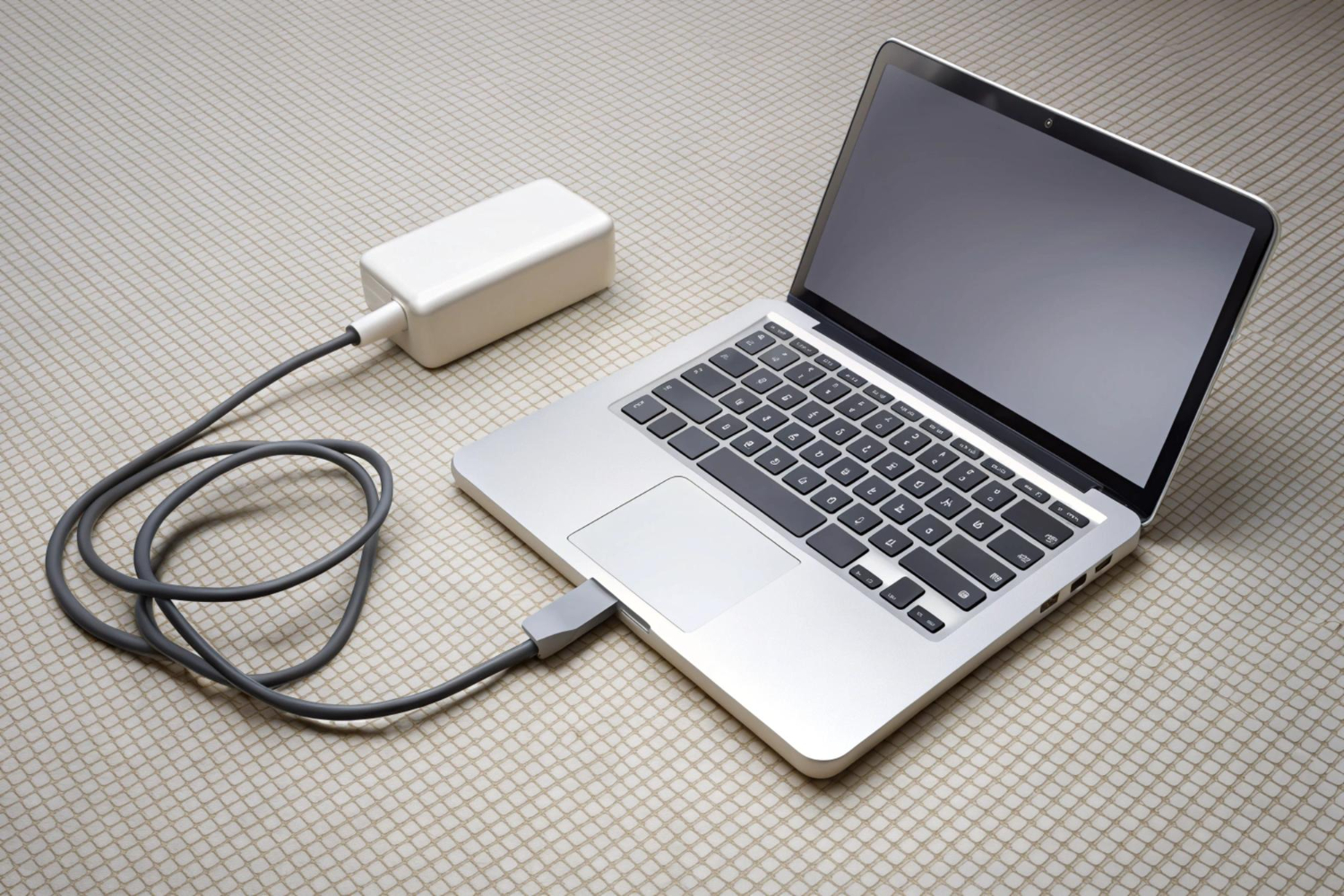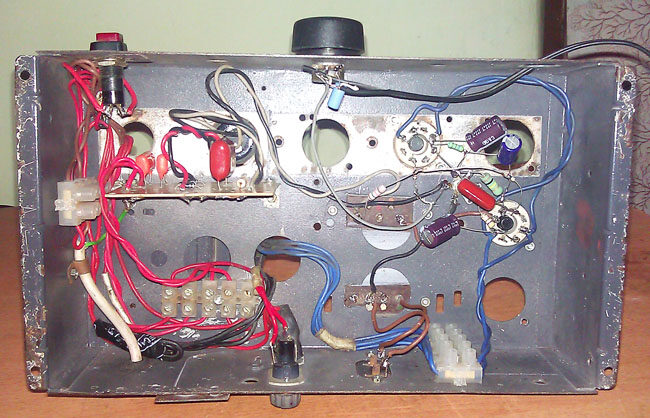When it comes to charging your laptop, the right charger is crucial. Using an incompatible charger can lead to significant issues, from damaging your laptop to creating safety hazards.
If you’re wondering whether you can use a 250V charger for your laptop, this article will provide you with the answers you need.
We’ll explore voltage compatibility, potential risks, and how to ensure you’re using the correct charger for your device.
What Does 250V Mean?
Explanation of Voltage
Voltage, often referred to as electromotive force, is a measure of the electric potential difference between two points. It determines the flow of electric current through a circuit. In simpler terms, voltage can be thought of as the “pressure” that pushes electric current through wires and devices.
Understanding voltage is essential when dealing with electronic devices, as incompatible voltages can cause significant damage.
How Voltage Compatibility Impacts Electronic Devices
For electronic devices like laptops, using a charger with the correct voltage is crucial. If the voltage is too high or too low, it can either damage the device or cause it to malfunction.
Voltage compatibility ensures that the device receives the right amount of power, which is necessary for its optimal performance and longevity.
Standard Laptop Charger Voltage

Common Voltage Ratings for Laptop Chargers
Laptop chargers typically come in various voltage ratings, with the most common being 19V to 20V. These chargers are designed to match the voltage requirements of the laptop they are intended for. It’s essential to use a charger that matches your laptop’s voltage requirements to avoid any issues.
Differences Between 110V, 220V, and 250V Chargers
- 110V Chargers: Commonly used in North America and some parts of South America and Japan.
- 220V Chargers: Commonly used in Europe, Asia, and Africa.
- 250V Chargers: Less common but can be found in industrial settings or specific applications.
Understanding these differences is crucial as using a charger designed for a different voltage system can lead to incompatibility issues.
Can I Use a 250V Charger for My Laptop?
In most cases, you cannot use a 250V charger directly with your laptop. Laptops are designed to work with specific voltage ranges, and 250V is typically outside this range.
Explanation of Why It Can or Cannot Be Used
Using a 250V charger is likely to cause over-voltage conditions, which can damage the internal components of your laptop. It may also pose a safety risk, including the possibility of electrical fires.
Factors to Consider
Compatibility With Your Laptop Model
Always check the voltage requirements specified by your laptop manufacturer. This information is usually found on the laptop or its original charger.
The Importance of Checking Input Voltage Range on Your Laptop Charger
Before using any charger, ensure that its voltage range matches the input voltage range specified for your laptop. Most laptops indicate this range next to the power input port or in the user manual.
Risks Involved
Potential Damage to Your Laptop

Using a charger with an incorrect voltage can fry the internal circuits, causing irreversible damage that might void your warranty.
Safety Hazards Associated With Using an Incompatible Charger
Incompatible chargers can overheat, leading to potential fire hazards or electrical shocks.
Understanding Voltage Ratings and Conversions
Voltage Ratings
Voltage ratings on chargers indicate the maximum voltage they can handle safely. Always ensure that your charger’s voltage rating aligns with your laptop’s requirements.
Importance of Matching Voltage Ratings with Your Devices
Matching voltage ratings are crucial for ensuring that your laptop receives the appropriate amount of power, preventing damage and extending its life.
Voltage Conversions
If you need to use a charger with a different voltage rating, you may need a voltage converter or adapter. However, this is generally not recommended due to the risk of improper conversion.
How to Determine If Your Charger Is Compatible
Checking Your Laptop’s Requirements
Refer to your laptop’s user manual or the label near the power input port to find the exact voltage requirements.
Reading the Specifications on Your Laptop and Charger
Compare the voltage and current specifications listed on your laptop and charger. Ensure they match to prevent any issues.
Manufacturer Recommendations
Importance of Following Manufacturer Guidelines
Manufacturers design chargers specifically for their laptops. Using the recommended charger ensures safety and optimal performance.
Where to Find Official Information
Visit the manufacturer’s website or refer to the user manual for detailed information about compatible chargers.
Common Misconceptions About Laptop Chargers
Myth vs. Reality
Many people believe that any charger can work with any device as long as the plug fits. This is a dangerous misconception.
Addressing Common Myths About Using Different Chargers
Using a charger with a higher voltage than recommended can cause severe damage to your laptop. Always use the charger specified by the manufacturer.
Conclusion
Ensuring you use the correct charger for your laptop is vital for its longevity and your safety. Always check the voltage requirements, and follow the manufacturer’s guidelines. If in doubt, consult official resources or reach out to customer support for clarification.
By taking these steps, you can enjoy a safely charged laptop without the risk of damage or hazards. For more tech tips and advice, subscribe to our blog and stay updated!
FAQs
Can I Use a Different Voltage Charger for My Laptop?
It’s risky to use a charger with a different voltage. Stick to the voltage specified by the manufacturer.
Can I Use 250V on 110V?
No, using 250V on a 110V device can cause over-voltage issues, leading to damage or safety hazards.
Can I Plug My Laptop Into 240V?
Only if your laptop specifies it can handle 240V, which usually means it has a built-in voltage converter. Otherwise, it’s unsafe.
Is It Okay to Charge a Laptop With a Different Charger?
Using a non-recommended charger can damage your laptop and void its warranty. Always use the specified charger.


















